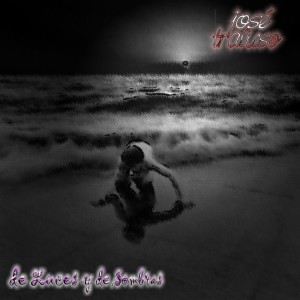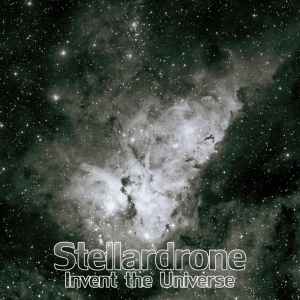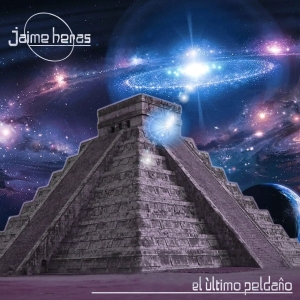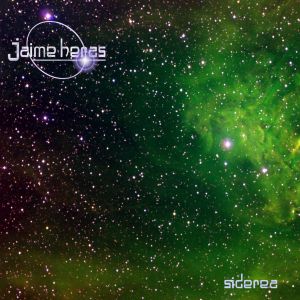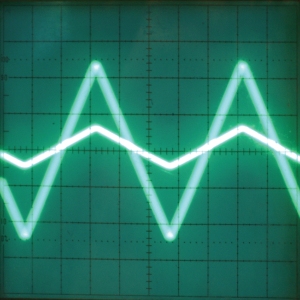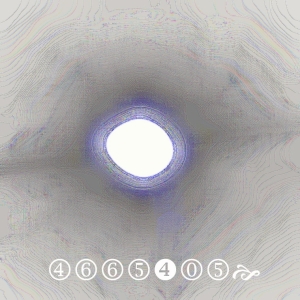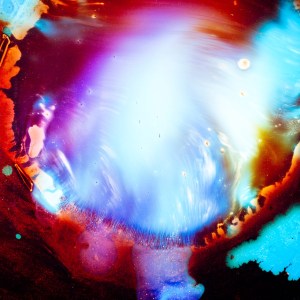 This both is and is not the first work by Chris Zabriskie I have shared with you for Writing Music Monday.
This both is and is not the first work by Chris Zabriskie I have shared with you for Writing Music Monday.
Zabriskie was one half of lo-fi is sci-fi, whose first album (of demos) I shared for Lyrical April. But this is his first solo work I’ve gotten to, despite all his work being Attribution-only.
Among the less obnoxious post-modernist literary types — you know, the ones who actually have something to say, rather than just posturing and expecting everybody to praise their superiority merely because they know how to sneer at everything — there is the idea that a novel, especially if it is experimental in any way, must teach you how to read it (or how to interpret it) in its opening pages.
So, for example, Catch-22 has, in its first few chapters, the story of The Soldier Who Saw Everything Twice, which very neatly encapsulates the madness of war, its effect on the minds of warriors, the utterly insane and useless ways authorities respond to those effects, and how soldiers not in authority must go along with the insanity in order to get anything at all, but not so much that they lose their own minds in the process. The one chapter is almost a blueprint of the entire novel, and prepares the reader for the madness that lies ahead.
This idea can certainly be carried over to film, where it is considered good screenwriting to have the first ten pages (and thus, first ten minutes) of the script be a sort of a primer for the audience for the rest of the film. The diner conversation in Reservoir Dogs is, metaphorically, an introduction to who each of the characters actually is, even though at least one isn’t revealed till the climax in fact. The opening of The Shawshank Redemption puts you in the position of every character in the movie except for Andy Dufresne, not knowing whether he’s cold-blooded or merely aloof, so that once you learn that he’s actually the most honest man in the story, you also have the heartbreak of realizing that by the time you learn it for certain, you realize he’s been corrupted (to an extent) as well.
This notion of a work of art teaching you how to appreciate it, within itself, very definitely applies to Zabriskie’s Cylinders. The first track is light, and almost sounds like someone just noodling around on the piano. And yet, every track that follows builds upon it, building up and out, priming and preparing the listener for what is to come, to the point that when “Cylinder Six” plays, it’s a viscerally thrilling experience, even though considered on its own, it’s hardly a romantic sweep, nor a crescendo of any kind. But taken in context of the rest of the album, it has the goose-bump feel of sudden revelation and release. And each track that follows just keeps building further.
The Free Music Archive page compares this album to Philip Glass and John Cage. I don’t care for the Cage comparison, but the Glass one is apt (and I’ll be using Glass as a reference point again next week). I don’t personally care for Glass’s work, or the part of it that I know, but the influence is definitely there, and what Zabriskie does with it is very much, very much to my liking. It takes some listening and getting used to, if you don’t go on sonic explorations very much. But the result is well worth the time you invest in listening.
Download Cylinders by Chris Zabriskie free from the Free Music Archive, or get it for one dollar (or as much more as you care to pay) from BandCamp.

Cylinders by Chris Zabriskie is licensed under an Attribution License.
Permissions beyond the scope of this license may be available at http://chriszabriskie.com/licensing.
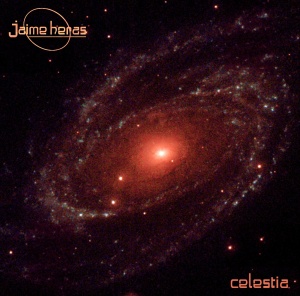 This album should have been posted on 18 July 2016.
This album should have been posted on 18 July 2016.



